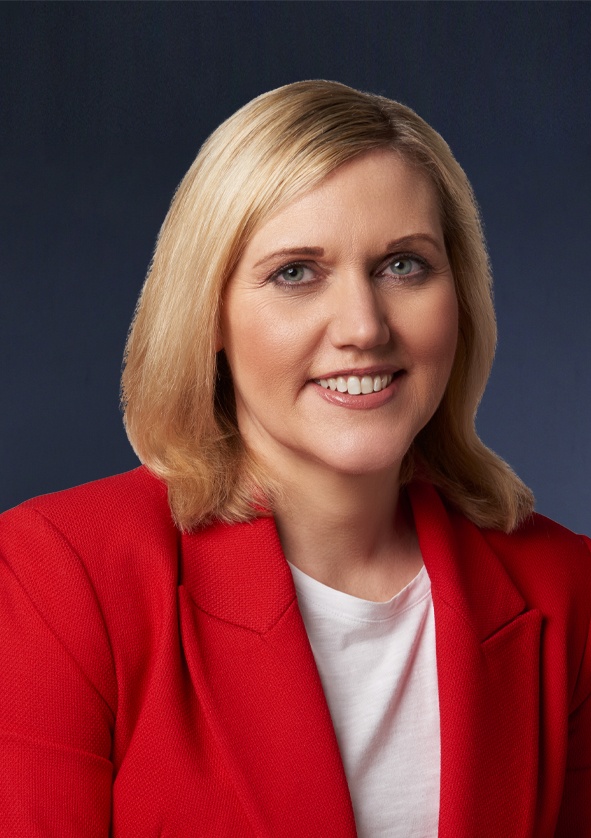

Report Details Net-Zero Progress And A New Code Of Ethics
Irwin Mitchell has used the results of a double materiality assessment to inform a new stakeholder led approach to responsible business outlined in its latest annual responsible business report, published today.
The report is structured around four new areas of focus, representing the most material Environmental, Social and Governance (ESG) risks and opportunities for the business and its communities, and where Irwin Mitchell believes it can have the greatest impact.
The new focus areas reflect the firm’s responsible business ambitions and aspirations:
- Protecting our Planet – reducing the impact of climate change through education, responsible consumption and sustainable services
- Driving Inclusion and Wellbeing – improving wellbeing and diversity through our services, values driven culture and sustainable and inclusive employment
- Empowering our Communities – reducing inequalities through education employability and by widening access to justice
- Building Organisational Resilience – developing healthy and resilient organisations through a focus on ethical, accountable and inclusive governance.
The approach has been designed to support the United Nation’s Sustainable Development Goals (SDGs) as part of Irwin Mitchell’s ongoing commitment as a signatory to the United Nations Global Compact (UNGC).
Irwin Mitchell has published an annual Responsible Business report for the past three years as part of its commitment to accountability and progress towards its aim of becoming a leading responsible business. The report details the firm’s approach to environmental impact, diversity and inclusion, community investment, the publication of a new Code of Ethics and progress made in relation to responsible procurement and supply chain management.
During FY24, Irwin Mitchell completed work on a double materiality assessment which included the input of over 100 different stakeholders from colleagues and clients to suppliers and industry specialists. The assessment identified the ESG issues that are of most significance to both the firm and its stakeholders.
Kate Fergusson, Director of Responsible Business and Sustainability at Irwin Mitchell, said: “Our approach to being a responsible business was already well advanced but completing the double materiality assessment has given us a new clarity on the priorities of our stakeholders as well as highlighting those issues that will have the biggest positive impact on the firm itself.
“Following the assessment we have refreshed our approach to Responsible Business focusing on the issues that represent the greatest environmental, social and governance risks, and opportunities for us to make a positive difference. During the past year we have made good progress, we’ve improved our process for making ethical decisions, we’ve taken positive strides on our journey to becoming net-zero and we’ve continued to evolve our approach to diversity and inclusion, particularly in relation to creating an inclusive workplace for those with disabilities.
“The next steps are to continue to progress in our focus areas and the work we’ve done over the past couple of years gives us a clear path forward.”
Other highlights for FY24 include:
- The introduction of a Code of Ethics which, underpinned by a suite of policies and documents, acts as a guide for colleagues and organisations who work with us, outlining the basic principles and standards which govern the way we do business. The Code has been accompanied by training for colleagues introducing them to business ethics and explaining its relevance to everyday decision-making.
- Group and colleague charitable donations and fundraising totalling over £365,000*.
- Further progress towards the near and long-term science-based emissions targets successfully verified with the Science Based Targets initiative (SBTi). In FY24, Irwin Mitchell reduced its Scope 1 and 2 Greenhouse Gas emissions by 76% (Vs baseline year FY20), resulting in achieving an FY27 reduction target three years early.
- Continued progress to achieving 100% renewable electricity across all offices by 2025 (98% of office energy is now backed by Renewable Energy Guarantees of Origin ‘REGO’ certificates).
- A further evolution of our central diversity and inclusion goals including the relaunch of a reciprocal mentoring scheme for colleagues from minority ethnic backgrounds, aimed at improving development and retention and increasing cultural competency amongst leaders.
- The firm also recently received a gold award from EcoVadis following a sustainability assessment. This puts the firm amongst the top five per cent of companies analysed by the independent organisation.
Find our more about our approach to being a responsible business.


